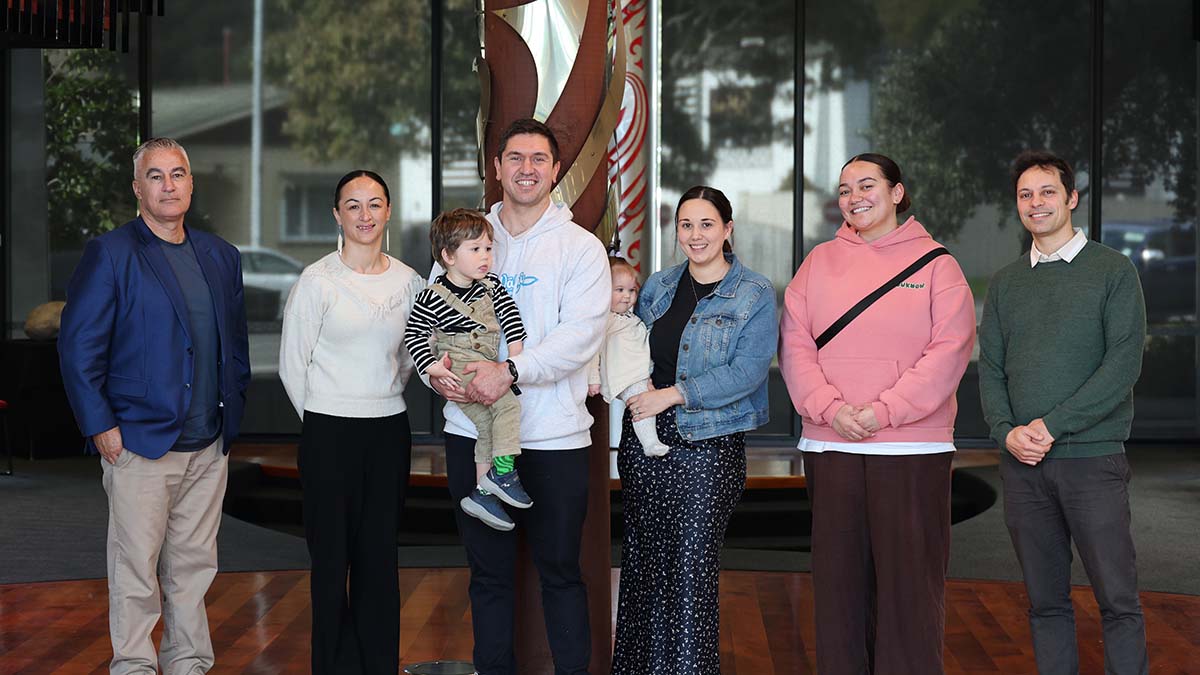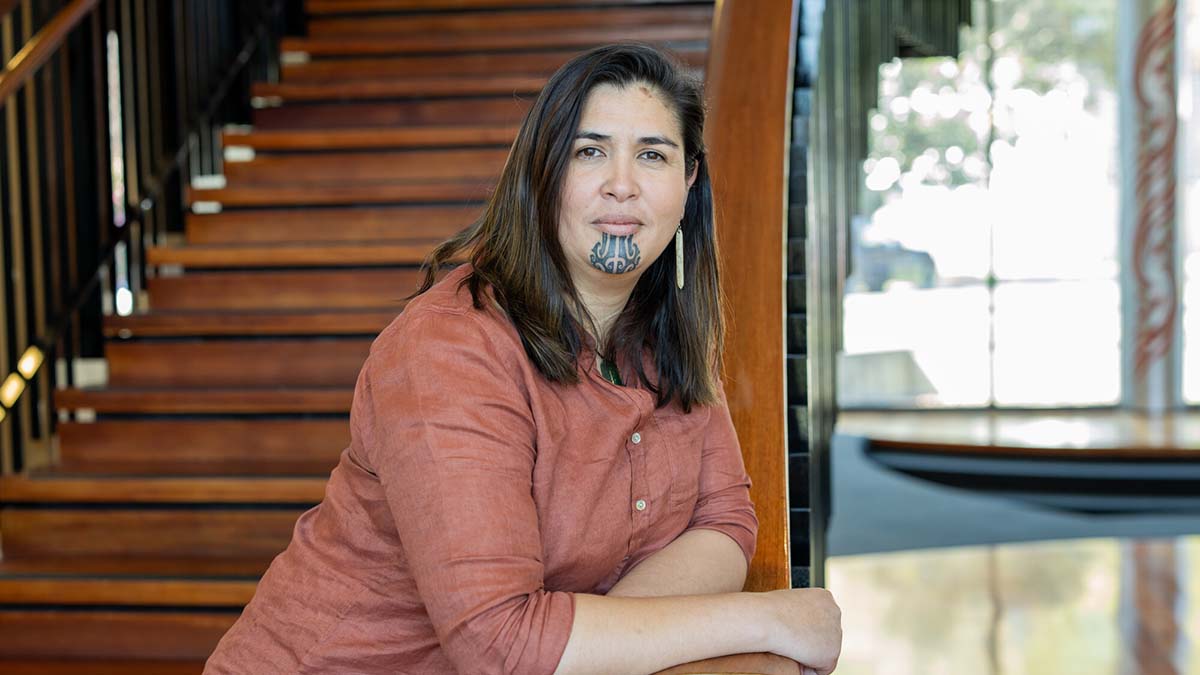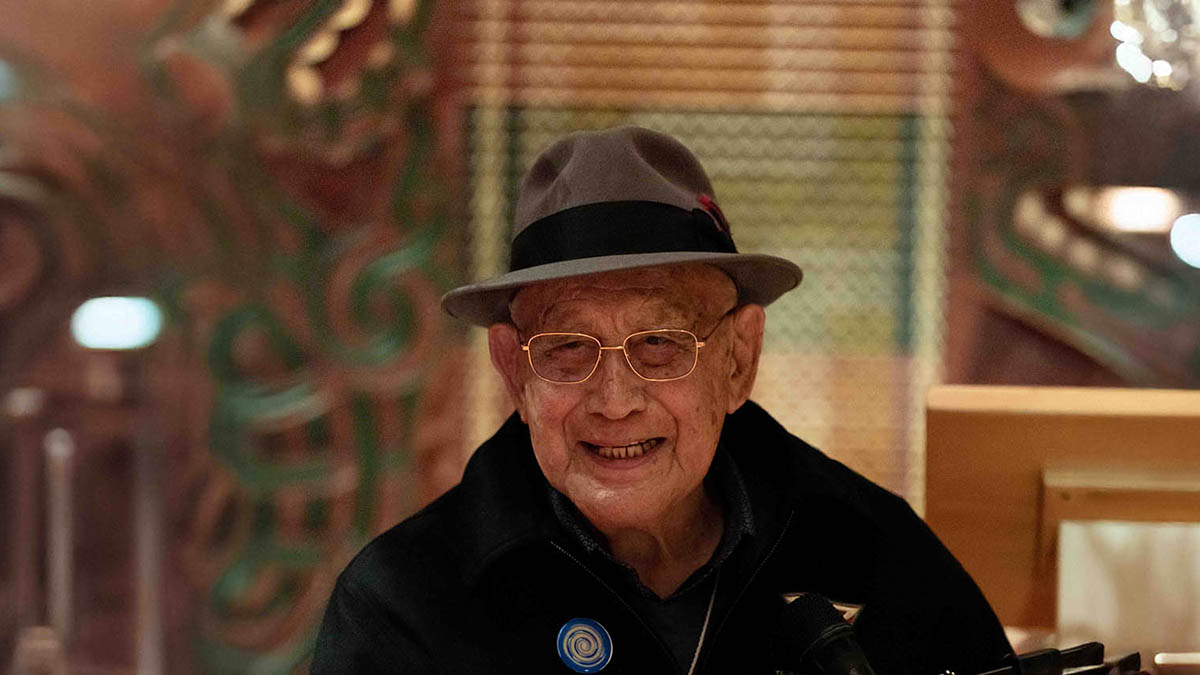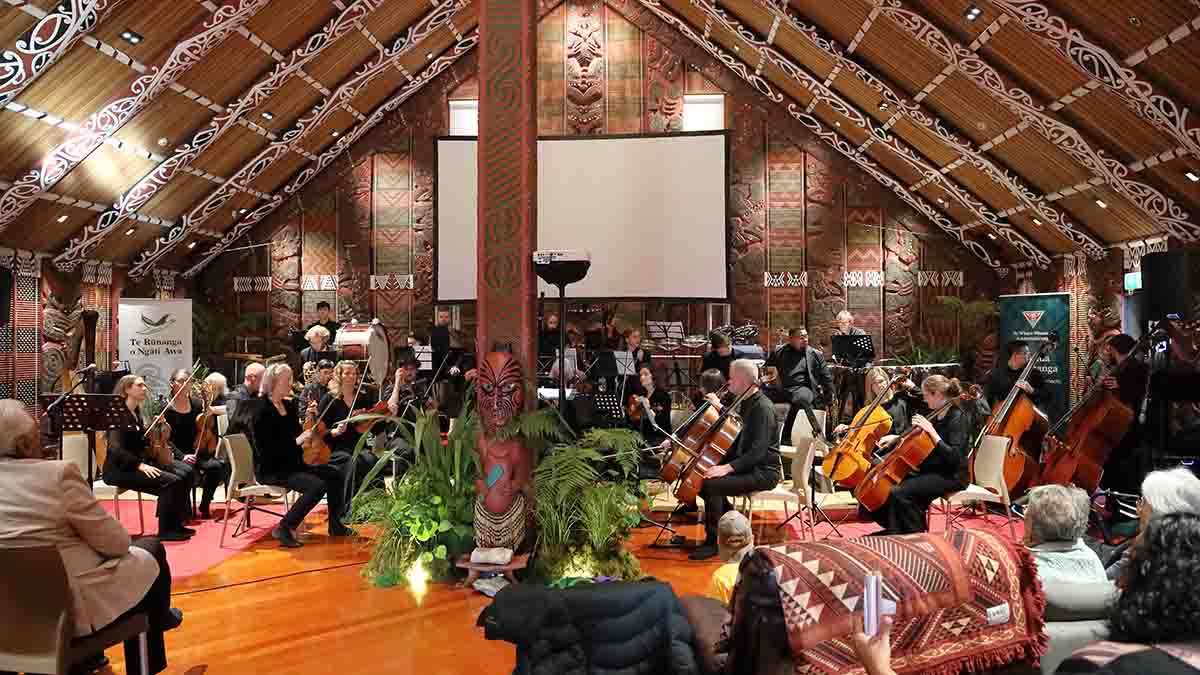Māori Perspectives on Food Safety and Sovereignty
Earlier this week, attendees gathered at Te Mānuka Tūtahi Marae from all over the motu for the inaugural Kai Conference 2025, a two-day event exploring kai and food safety through a Māori lens.
Hosted by Ngā Āhuatanga o te Kai, The Kai Institute in partnership with the New Zealand Food Safety Science Research Centre (NZFSSRC), the conference brought together, researchers, environmental experts, kai enthusiasts, marae, and community leaders to examine the cultural, environmental, and systemic factors influencing kai, food safety, access, and sovereignty.
Monday morning opened with a presentation from Professor Taiarahia Black of Awanuiārangi. He emphasised that tikanga and kai are inseparable from identity, place, and whakapapa, using the tītī (muttonbird) and kānga kōpiro (fermented corn) as examples of living expressions of cultural knowledge. He said,
“Beneath Tihirau maunga and the steady flow of the Ngarue river lies the deep significance of tikanga and kai— a living knowledge system that connects whakapapa, whenua, awa, moana and wairua. More than just food, tikanga and kai are an invitation: Hara mai, hara mai ki te kai. A sharing of tīpuna memory, and a reclamation of culture and knowledge.
“Kānga kōpiro and the oil-rich tītī of Poutama Island are living expressions of tikanga and kai, not just delicacies, but karakia of the whenua, awa, and moana. They anchor identity in ritual, place, and the narratives of Ngāi Tahu and Whangaparāoa Mai Tawhiti.
“This narrative reconnects maunga, awa, hapū, moana and mōteatea, forming threads of intergenerational storytelling. Aligned with Matariki and nurtured at Te Mānuka Tūtahi marae, the Tikanga and Kai Conference becomes a covenant, where taste, time, and storytelling nourish the spirit. Hara mai, hara mai ki te kai.”
Attendees reflected on Māori approaches to food safety and shared their core kai memories, exploring what culturally safe kai means, and discussing how tikanga is applied to kai. A panel of local ringawera (cooks) then shared the practical realities of maintaining food safety while upholding manaakitanga on marae.
Distinguished Professor Linda Tuhiwai Smith, co-Deputy Chair of Awanuiārangi and CEO of The Kai institute, highlighted the cultural foundations that are embedded in te reo (language) and how this can enrich cultural understanding of kai.
“The word kai is central to many aspects of our reo, for example in words like kaitiaki (guardianship). When we exercise kaitiakitanga over our environment, our kainga, and as kaimahi, the root word kai reflects our fundamental connection to food, sustenance, and care.
“Mauri (life force)— the mauri of the wai, reminds us that everything living holds a mauri. The health of our environment is measured by the health of its mauri.
“These are important cultural principles that can create a framework for understanding cultural safety in relation to our kai.”
She spoke about the important role ringawera play, again drawing on the values embedded in te reo.
“Mana, which is associated with the word manaakitanga, highlights the vital role that ringawera play for the hapū or marae, as the mana of the marae is diminished if the quality of manaakitanga is insufficient.
“There is a dymanic relationship on the marae between the front, on the paepae and the back, in the kitchen. And all of this is about the concept of mana and exercising manaakitanga.”
She emphasised that practices such as feeding with aroha are vital, especially in times of grief or crisis, and highlighted how concepts like rahui reflect collective care and cultural responsibility.
Ngā Āhuatanga o Te Kai is an independent Kaupapa Māori research institute, created through a joint venture between Te Whare Wānanga o Awanuiārangi and Te Puna Ora o Mataatua. Speakers at the Kai Conference included representatives of Whakakī Lake Trust, Ūawa, the Ōhiwa Habour Project, the Ministry for Primary Industries (MPI), NZFSSRC and funding advisors.
Distinguished Professor Linda Tuhiwai Smith gives closing remarks
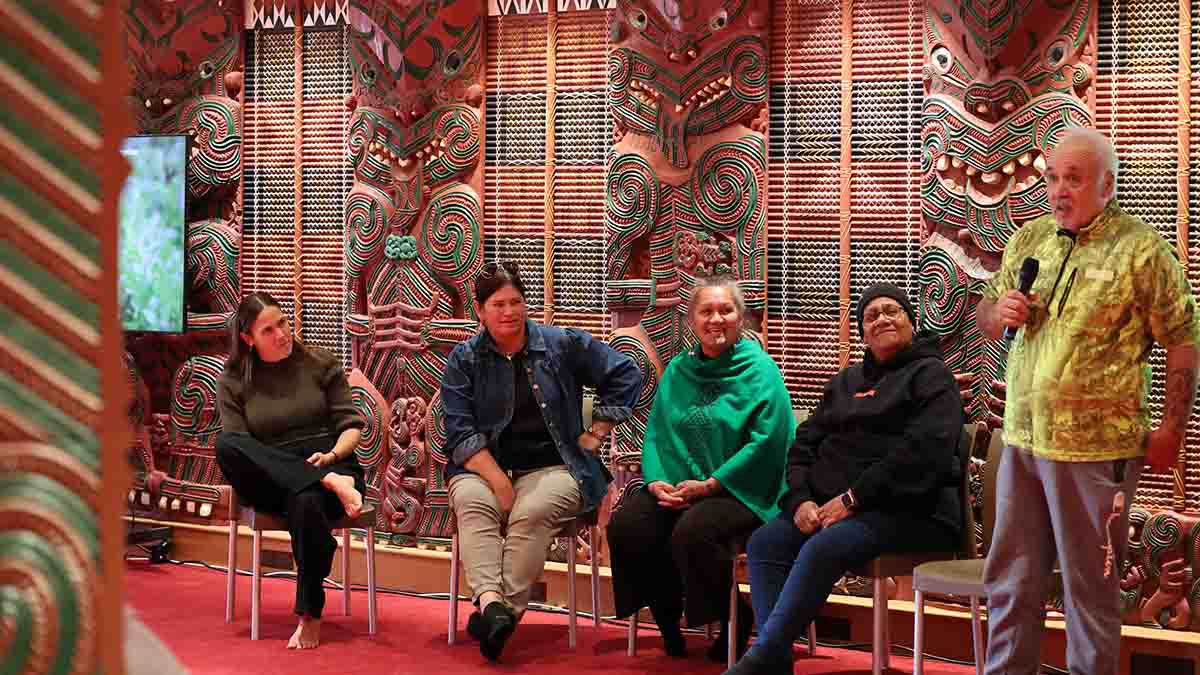
Local ringawera share practical realities of food safety and manaakitanga on the marae.
Professor Taiarahia Black delivers presentation on tikanga, kai and storytelling.
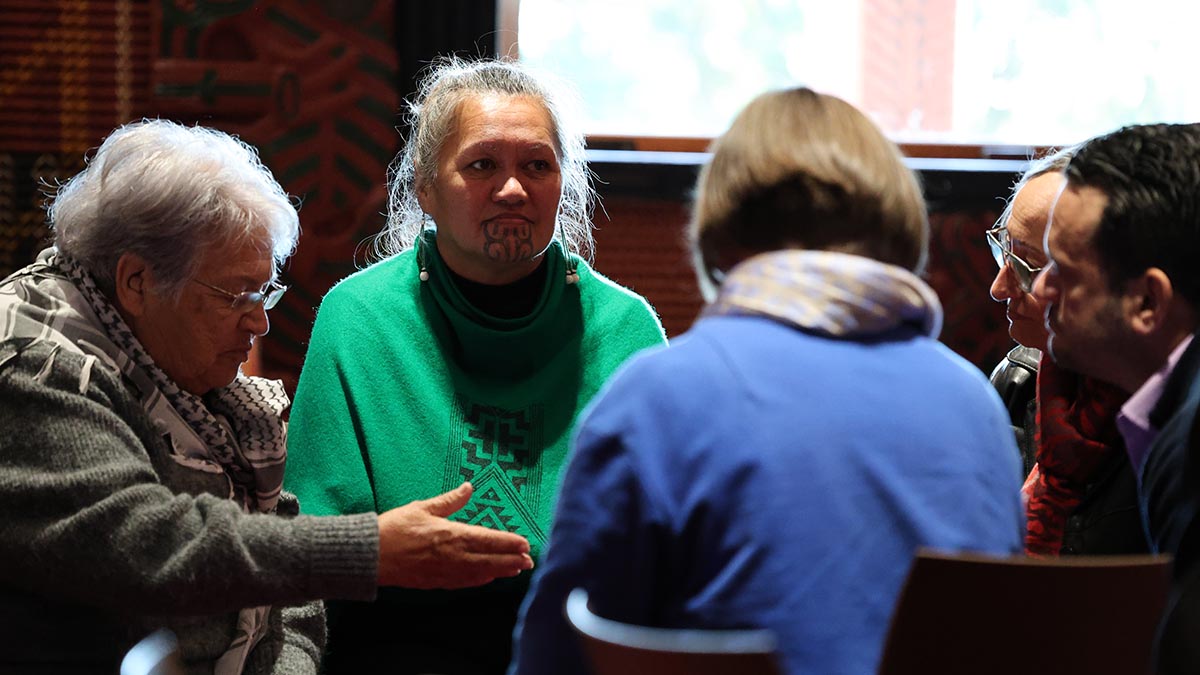
Group discussions explore kai memories and the meaning of culturally safe kai.
Whakapā mai/Contact us
Hope Rolleston
- Phone: 027 236 6316
- Email: hope.rolleston@wananga.ac.nz
